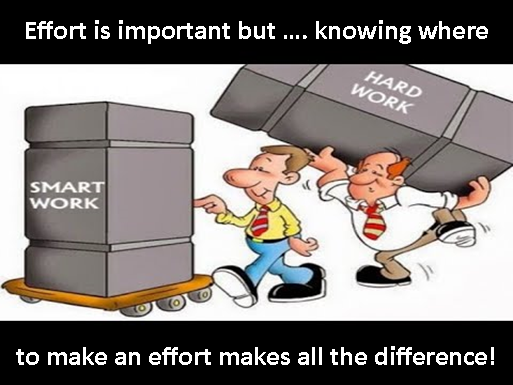 December 2017
December 2017
If there is one thing all condo boards can agree upon, it is that there is not enough time for a volunteer condo board to address all matters brought to them.
Good condo boards have learned to work smarter. They are able to accomplish more by working smarter while saving time and money.
Individual board members can learn to work smarter, not harder.
Be open, not confrontational
Ask questions when something is unclear or when you want to learn something. Try not to be demanding when asking why something was not done. When an owner or fellow director presents an opinion, take a moment to listen rather than cutting them off. Even people who are difficult to work with can offer useful knowledge or ideas.
Take owner complaints seriously
Owner complaints often result from dissatisfaction or frustration. When people feel they are being listened to they tend to be less frustrated or angry. When owners feel their concerns are taken seriously they are less likely to escalate matters. Quick resolution of owner concerns, and avoidance of legal disputes, simplifies the directors’ workload.
Rely on professionals
The Condo Act encourages condo directors to rely on professionals. Directors rarely have all the knowledge required to properly manage their corporation. Prudent use of professionals provides a way for directors to obtain expertise or knowledge on an as-needed basis. Prudently applied, this approach will result in better decisions and better management of the corporation’s assets.
Read contracts thoroughly
Contracts are important in avoiding misunderstandings. Directors should avoid approving or signing any contract without first reading and understanding it. Don’t assume someone else will do this for you.
Reading and understanding a contract is the only way to truly know what you are getting for your money. This includes management, consultant, service and contractor contracts. Trusting someone to do this job for you or assuming that someone has done this, particularly when it is your signature at the bottom, is ill advised.
When hiring a condominium manager or other employees, make sure specific duties are identified in the contract or job description. Many times, complaints about job responsibilities and work quality are the result of people not taking the time to read a contract.
Talk, don’t email
Private discussion of condo matters via e-mail is time consuming and unnecessary. In the event of litigation, these private communications may be used in unanticipated ways. As a general rule, avoid putting anything in an e-mail that you would not say at a resident or board meeting.
Talking is easier, faster and leads to quicker resolution of most matters.
Focus on priorities
Not every matter brought to directors warrant extensive discussion, or perhaps any discussion. Spend your time where it can be of greatest value. Focus on important or big ticket items such as major contracts or expenditures. Specific resident rule violations are best handled by the condominium manager without board involvement.



